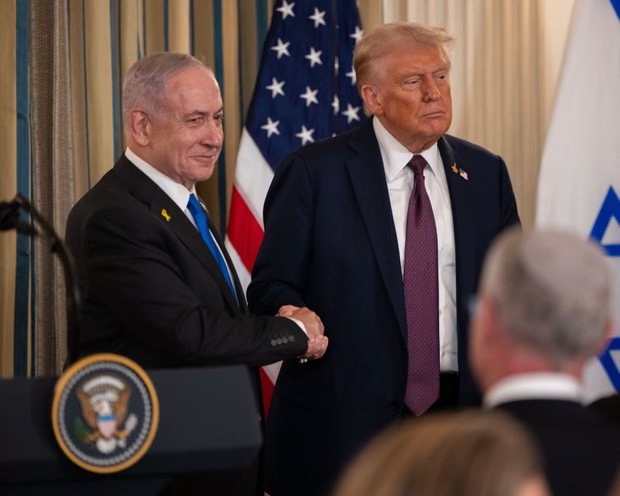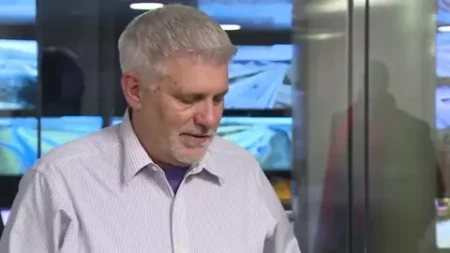Some of the United States’ closest allies have expressed support for President Donald Trump’s new peace plan for Gaza. The plan, unveiled alongside Israeli Prime Minister Benjamin Netanyahu, sets out 20 points aimed at ending the ongoing conflict in the region.
During a White House meeting, Trump and Netanyahu delivered a clear message to Hamas. The militant group was urged to accept the plan or face significant consequences. The ultimatum underscores the urgency of finding a resolution to the escalating crisis in Gaza.
UK Prime Minister Keir Starmer publicly endorsed the plan, urging Hamas to comply. He called on the group to “agree to the plan and end the misery, by laying down their arms and releasing all remaining hostages.” Starmer emphasized the humanitarian benefits of a swift resolution and the need to protect civilians.
French President Emmanuel Macron also voiced support, stating that “France stands ready to contribute” to peace efforts. His comments suggest European powers are willing to play a larger role in stabilizing the region if the plan moves forward.
Trump and Netanyahu hailed the proposal as a historic breakthrough. They framed it as a chance to open a new chapter in Middle Eastern diplomacy, promising both security and stability if Hamas accepts the terms. The 20-point plan reportedly includes measures to ensure a ceasefire, humanitarian access, and the gradual restoration of Gaza’s infrastructure.
Despite the international endorsements, Hamas has not been consulted on the plan. The group’s position remains unclear, raising questions about whether the proposal can lead to meaningful negotiations or immediate compliance. Analysts suggest that the success of the plan will depend on how Hamas responds in the coming days.
The White House has described the plan as “comprehensive and achievable.” Officials argue that previous peace efforts have faltered due to lack of enforcement mechanisms and ambiguous terms. By presenting a detailed set of 20 points, Trump and Netanyahu hope to create a framework that all parties can follow.
Observers note that the support of the UK and France could strengthen the plan’s credibility. International backing might pressure Hamas to consider negotiations seriously. Both Starmer and Macron emphasized the importance of ending violence while protecting civilians and ensuring humanitarian aid reaches those in need.
While the plan has generated attention globally, reactions from other key players in the Middle East remain mixed. Some nations have expressed cautious optimism, while others have urged that the plan must address broader political and economic issues.
Experts say that a successful implementation of the peace plan would require careful monitoring and cooperation between multiple stakeholders. Humanitarian groups are calling for immediate measures to reduce civilian suffering, regardless of political outcomes.
Trump and Netanyahu’s joint announcement signals a shift in U.S. foreign policy focus, emphasizing a proactive approach to conflict resolution. The plan also illustrates the growing influence of allied nations in supporting diplomatic initiatives aimed at stabilizing the region.
As discussions continue, the coming days will be critical in determining whether Hamas engages with the plan or rejects it outright. The international community, led by the U.S., UK, and France, appears ready to push forward with efforts to bring peace to Gaza, but much depends on how the involved parties respond to the proposed 20-point framework.







